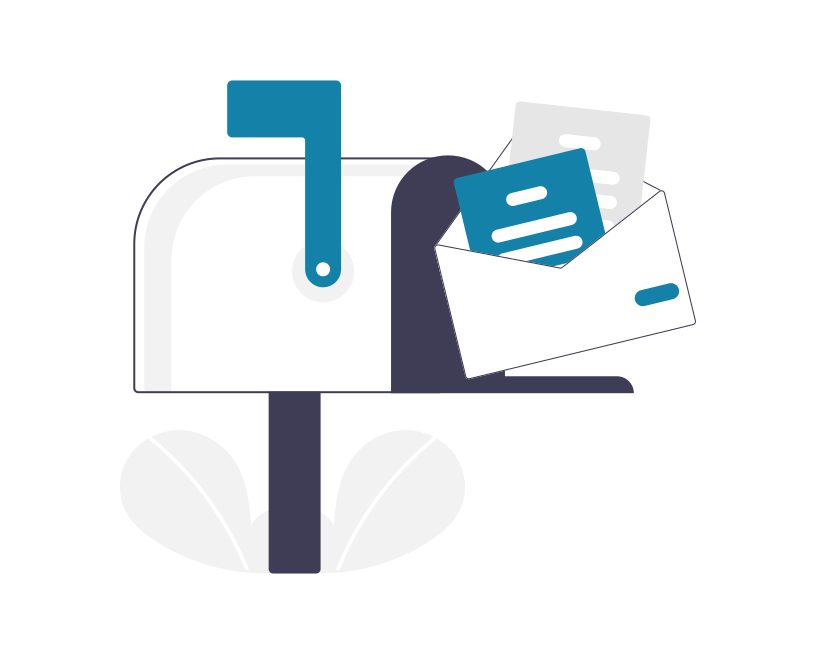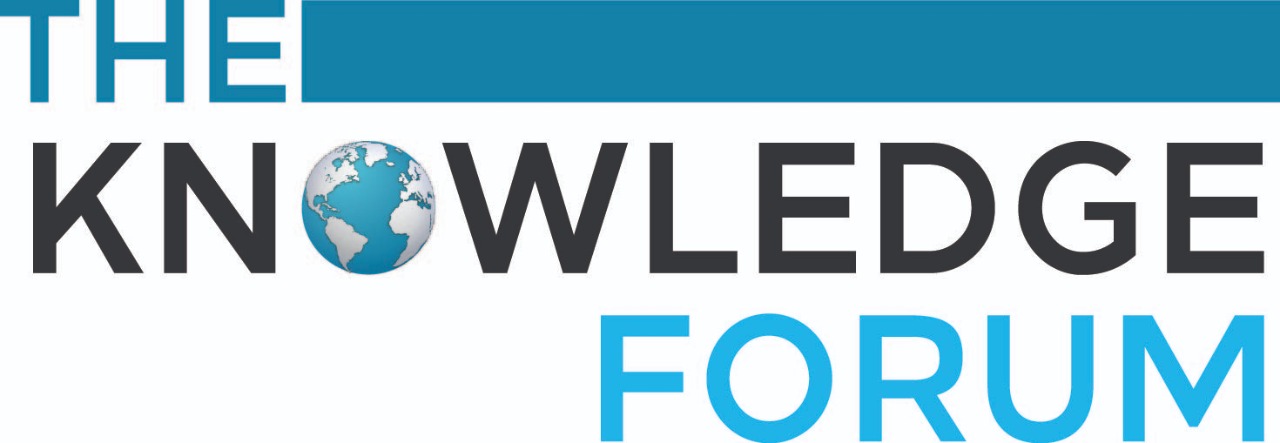Pakistan Bulletin
Up-to-date and informed analyses of key issues of Pakistan.
Pakistan’s Reading Crisis: An Insider's View
October 2023
In Pakistan, 77% of children cannot read and understand basic text in English. Adult literacy rate is at a dismal 58%, while 28mn children remain out of school. In this situation, e-learning platforms promoting reading can be explored taking advantage of the expanding technology profile of households in the country.
Years ago, I went with a friend on a holiday to Sri Lanka. Each day was a pleasure as one enjoyed various excursions. About the third or fourth day we realized that no matter where we went, we did not find children out and about. When we enquired about this strange phenomenon, we were told that the children were all in their schools; Sri Lanka has a literacy rate of 92.38 per cent.
This is in stark contrast to Pakistan where children are spotted at any part of the day on the streets, in workshops, fruit and vegetable markets, tea stalls, domestic spaces and all other places where they work as child labour with abysmally low income and hazardous working conditions. This is to be expected in a country where there are 28 million out-of-school children, according to the Ministry of Education.
In Pakistan, 77 per cent of children cannot read and understand basic text in English. The statistics for Urdu ― the national language of Pakistan ― remain unavailable. However, one is unable to fathom the exact magnitude of the children’s learning struggles in speaking the vastly spoken language or their mother tongue. Adult literacy rate is at a dismal 58 per cent per cent, according to The Annual Status of Education Report (ASER) 2021.
Reading is an important part of human communication; second only to speech.
This situation is reflective of the literacy capabilities ― or incapabilities ― of the school-going children as well as the adult population, in addition to the astounding number of out-of-school children in the country. Most of the out-of-school children are busy helping their parents to make ends meet in their daily struggles of living a basic life. They might want to but are unable to pull themselves away from developing any decent capability to read or speak.
Earlier this year, education experts and key stakeholders got together in a conference organized by the Federal Ministry of Education and Professional Training focusing on a comprehensive action plan to transform Early Childhood Education and foundational learning. One of the main commitments involved reading and stressed two primary goals:
a) The integration of a one-hour reading session for all children in primary schools; and
b) The implementation of a nationwide/ province-wide reading assessment to accurately and timely measure children’s reading levels.
Reading is an important part of human communication; second only to speech. Communication through speech is, of course, no problem in Pakistan but when it comes to literacy skills there is a lot to be desired.
It is a fact that listening informs speech which then aids reading and in turn helps in writing. This process leads to thought and further assists in the evolution of a thought process. This process is called the basic learning loop.
Perhaps using the learning loop can also be added to the endeavours aimed at promoting reading. It can first address illiteracy and then move on to encourage reading habits.
Looking at the data collected by the Annual Status of Education Report (ASER) Pakistan 2021 survey in rural areas, one can find clear support at the household level for children’s learning. It shows that parents, non-literate or otherwise, are interested in their children’s learning skills.
After the COVID-19 pandemic, home learning or school lessons at home through cell phones became the new normal in Pakistan, as everywhere else in the world. This arrangement was well supported by the growing technology profile of households in Pakistan. Compared to 2019 when 66 per cent of rural households had cell phones, there are 77 per cent of households in 2021 with cell phones hence the opportunity for easy access to information.
This fast-emerging new sector of digital know-how can be used to an advantage in encouraging reading habits. Simple poetry and prose books can be produced with activities, designed specifically to fit into digitized versions; ready to be used through cell phones or computers for educating at home or in schools.
A carefully designed system of story-telling and poetry reading can be utilized for the benefit of out-of-school children between the ages of five to sixteen and even though the school lessons are back in the classrooms one can make this system useful in classrooms too.
Technology has a positive role to play in the development of the latest methods for effective education. It makes the teaching process scientific, objective and effective. Countries like Australia, Canada, New Zealand, the United Kingdom, and the United States have started to encourage the fast-growing home-schooling systems; sometimes these programs are utilized as an extension of the compulsory school system.
In Pakistan, one can start this trend alongside the various other initiatives, for combating the reading crisis, that are being taken by the government as well as various NGOs.
Early development of reading skills offers multiple advantages. The children can become familiar with the sounds of the words/ language as well as imbibe the cultural, social and ethical value system from an early age. Carefully designed reading materials with folktales and other stories that are interesting, open-ended and non-preachy about the social and ethical values of their society can be introduced through technology. The values and words that the young minds hear stay with them, honing their language as well as thinking skills for life.
A carefully designed system of story-telling and poetry reading can be utilized for the benefit of out-of-school children between the ages of five to sixteen.
Although the National Curricula are already designed to serve as guides and points of reference from which schools and publishers can extract and build their schemes of work, there must be a specifically designed curriculum aimed especially at the enhancement of the reading habits of the child.
The key challenges in the design and learning approaches of the education sector that fail to support the development of reading and comprehension skills are the lack of not only books but also ways to reach the wide circle of children who are out of school and who need it too. Using the digitized versions of books along with the conventional ones can be a start to addressing this gap. The stories/prose should be open-ended to stimulate thinking with illustrations to spur the imagination.
One of the long-neglected fields that adds to the reading crisis concerns the teachers who remain unsupported and technically lack the skills required to acquire and build the expertise that is imperative for honing the child’s reading and thinking processes. Workshops aimed at guiding the teachers towards this end have long been serving to help. However, in order to enable the wider reach of such a system, specially designed technology-based Teacher’s Guides with all the course books and reading resources are needed to guide them into a productive system of teaching.
Shahbano Alvi
Author
Shahbano Alvi writes short stories in English and Urdu. She is also the founder and publisher of the independent publishing house Ushba, which publishes academic, educational and general books.

Get the latest news and updates from our team
